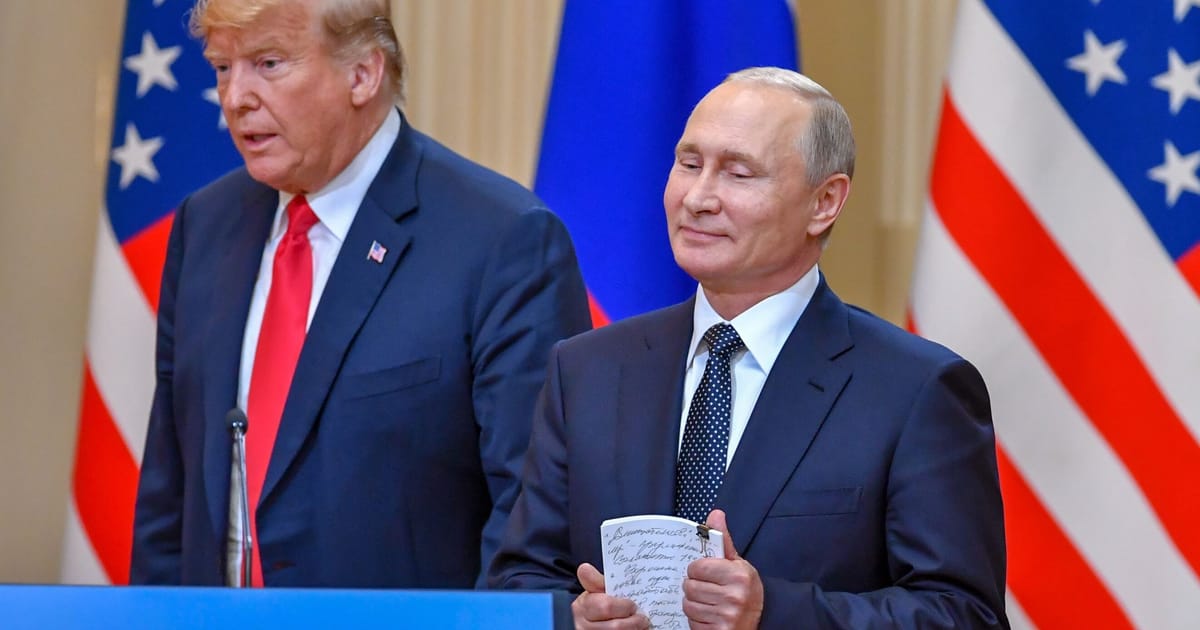

In an evolving global landscape, recent headlines highlight varied challenges and defining moments that are collectively shaping international narratives. From geopolitical tensions to humanitarian issues and social shocks, the world is witnessing a series of impactful developments, each carrying its unique weight of concern and urgency.
In a significant geopolitical maneuver, former U.S. President Donald Trump issued an ultimatum to Russian President Vladimir Putin to agree to a ceasefire by September. The statement is part of an ongoing series of diplomatic engagements that aim to stabilize the region. Observers, however, remain cautious about whether these stipulations will meaningfully influence Russia’s strategic decisions, as global leaders ponder the balance between external pressure and diplomatic negotiations.
Meanwhile, the decision by the United Kingdom to reduce its international aid budget to 0.3% of the national income, as announced by Labour’s Keir Starmer, has sparked widespread concern. The move, intended to redirect funds toward defense spending, has been met with criticism over its potential repercussions on children’s education and health in various African countries. The Foreign, Commonwealth & Development Office (FCDO) impact assessment warns of increased risks of disease and mortality, revealing the complex interplay between domestic policy shifts and global developmental aid efforts.
In Brazil, a domestic political crisis intensifies as Eduardo Bolsonaro faces scrutiny under a supreme court investigation, leading to the freezing of his assets. Suspicious of financial movements allegedly intended to lobby the Trump Administration in support of his father, Jair Bolsonaro, the former far-right president, this development underscores the volatile socio-political dynamics and legal battles within the country.
Venezuela steps forward, initiating an investigation into reports of alleged torture of Venezuelan detainees in El Salvador’s Cecot prison. With more than 250 nationals recently returning to Venezuela under a U.S.-brokered prisoner exchange, the Venezuelan attorney general has pledged to thoroughly examine the alleged abuses, marking a critical moment in international human rights advocacy.
In China, public health and safety have taken center stage following the alarming incident where over 230 kindergarten children were found poisoned with lead paint in their food. Authorities in Gansu province have arrested multiple individuals, with investigations revealing systemic oversight failures. This incident draws attention to the ongoing challenges of maintaining standards in food safety, especially where the health of vulnerable populations like children is concerned.
Adding to this array of complex issues is a deeply concerning case from Australia, where a mother claims her two-year-old daughter was sexually assaulted at a Victorian childcare center. Despite the gravity of the allegations and the child naming the educator involved, the absence of witnesses or video evidence has stalled legal proceedings, highlighting a delicate balance in safeguarding children’s rights and due process.
Lastly, the international community watches closely as the children of Barbie and Peter Reynolds appeal for the immediate release of the elderly couple from Taliban custody in Afghanistan. Detained for over five months without charge, the couple’s plight raises pressing questions on the humanitarian approaches needed amid diplomatic and conflict-laden environments.
These narratives, while distinct in nature, encapsulate the breadth of global challenges presently faced across different continents. In navigating these complex issues, the world collectively seeks pathways to resolution, resiliency, and progress, guided by a shared commitment to justice, governance, and human dignity. As each situation unfolds, the importance of collaborative international efforts and the prioritization of humanitarian principles remain central to addressing these multifaceted concerns with mindfulness and care.
Source: {link}
